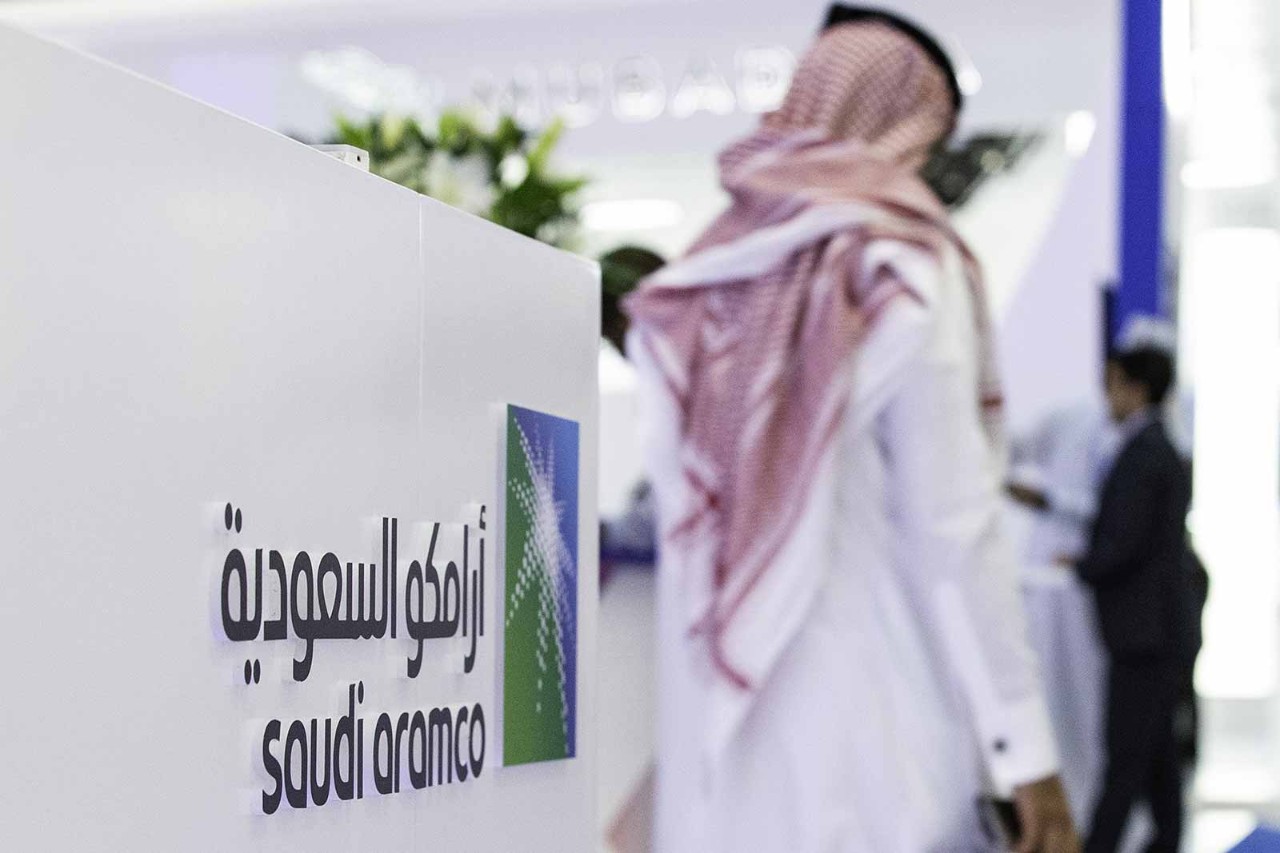
It has been more than three decades since the Saudi Organization for Chartered and Professional Accountants (SOCPA) came into being. Over that time, its role has expanded to include promoting and developing auditing and accountancy in the kingdom, regulating and certifying the profession, as well as standard-setting, all guided by the need to raise Saudi stakeholders’ confidence in the quality and value of the profession.
‘Now, 30% of accounting roles must be taken by Saudi nationals’
The passing of the Law of the Accounting and Auditing Profession in 2021 was a pivotal moment for SOCPA. It cemented the organisation's role, introducing stricter controls and tougher penalties for those breaking the regulations. At the same time the law made it easier for suitably qualified accountants to obtain a practice licence.
Job creation
SOCPA also has a role to play in facilitating the policy of ‘Saudisation’ – the requirement for businesses to have a minimum proportion of Saudi nationals among the workforce. Under the policy, which is expected to create 9,800 jobs in the sector for local people, 30% of 19 specific accounting roles must be filled by Saudi nationals. The government has committed to giving businesses recruitment and training support so that young Saudis will be qualified to perform those roles efficiently.
‘By training locals for accounting jobs, SOCPA and the Ministry of Human Resources and Social Development aim to raise the quality of financial information issued by public and private sector institutions,’ says Ahmed bin Abdullah Al-Meghames, who has been chief executive of SOCPA since 2006. ‘I believe in the importance of accountancy and see great opportunities for Saudis in this field. Accounting affects every business activity and determines the course of every commercial project – the economies of all the countries in the world are based on accountancy.’
Saudisation applies to private sector organisations employing more than five staff in accounting roles. SOCPA is working with the ministry to enforce the decree through its professional registration programme.
‘This programme was launched in coordination with the ministry and through it SOCPA can assess the appropriateness and authenticity of accountants’ certificates from all over the world,’ Al-Meghames says. Of the 80,000 certificates SOCPA has checked so far, 700 were found to be fake, he adds.
Certification
SOCPA’s training initiatives include a fellowship programme, an accounting technician qualification and a VAT exam (introduced when Saudi Arabia implemented the sales tax in 2018).
Al-Meghames says: ‘SOCPA has recently restructured its fellowship programme, with the aim of extending it and bringing it up to date with the latest developments in the profession. The fellowship exams now cover additional areas important for chartered accountants, such as information technology, data analysis, economic concepts, financial management, and others.’
These are modules that Al-Meghames himself has passed. ‘I’ve been fascinated with numbers since I was a child,’ he says. ‘It pushed me to major in accounting as an undergraduate at the King Saud University in Riyadh, then on to complete a master's degree and a PhD in accounting in the US.
ACCA and SOCPA
Earlier this year, SOCPA and ACCA signed a partnership agreement, cementing a collaboration in support of the development of the profession in Saudi Arabia. ‘Our cooperation covers several promising areas, in line with UN Sustainable Development Goal 17 – partnerships for the goals,’ Al-Meghames says. 'These areas include raising awareness of accounting and ensuring Saudi accountants are qualified to work in the labour market.'
Part of the work has involved accrediting SOCPA’s professional qualification and extending standalone professional learning programmes, such as ACCA's Cert IPSAS Arabic, to SOCPA members and students.
‘There are also opportunities to develop joint professional examinations for the Saudi market, as well as designing intensive training programmes for Saudi accountants, which could help them gain employment in one of the major accounting firms,' Al-Meghames adds.
‘One must continually develop oneself’
SOCPA in numbers
1991
SOCPA founded
111,357
Members
80,261
Trainees
17
Saudi Arabia’s position out of 63 in the World Competitiveness Center’s rankings for audit and accounting implementation (last year it was ranked 32)
7
Number of modern international accounting books that SOCPA has translated into Arabic
‘Numbers speak a clear language and are the basis of any economic decision. One must continually develop oneself and acquire the skills necessary to pursue the accounting profession. That’s why I applied for the fellowship programme myself – and passed.’
Meanwhile, SOCPA is also planning a suite of specialised professional qualifications, with certificates in accounting standards in the public sector, fraud examination and forensic accounting.
In addition, Al-Meghames says SOCPA is working on a number of other projects that he hopes will have a strategic impact on the profession in the kingdom. They include the creation of a professional support centre to help small and medium-sized firms, where entrepreneurs can boost their accountancy and financial skills, and another offering assistance to qualified accountants looking to obtain a practice licence.
Digital
‘SOCPA is interested in continuous development and keeping up with the latest trends in the accounting and auditing profession, such as digital transformation,’ he says. It has built a platform for audit firms to upload financial statements, which can be accessed by stakeholders such as banks and government ministries. Called Qawaem, the portal aims to helps reduce fraud in financial reporting.
Closer to home, Al-Meghames admits he is not the only accountant in his household – his daughter is now an accountancy graduate, and so also has the opportunity to play an important role in the development of the profession in Saudi Arabia.





